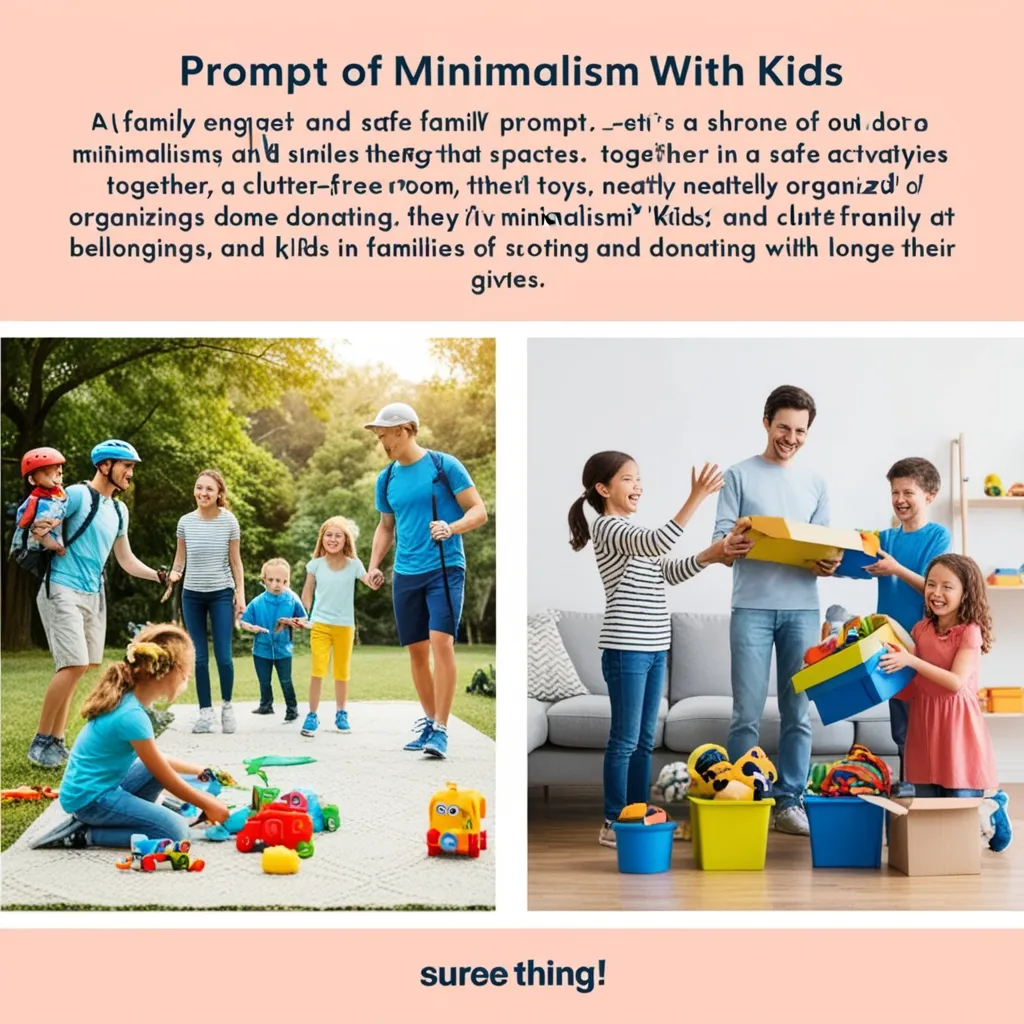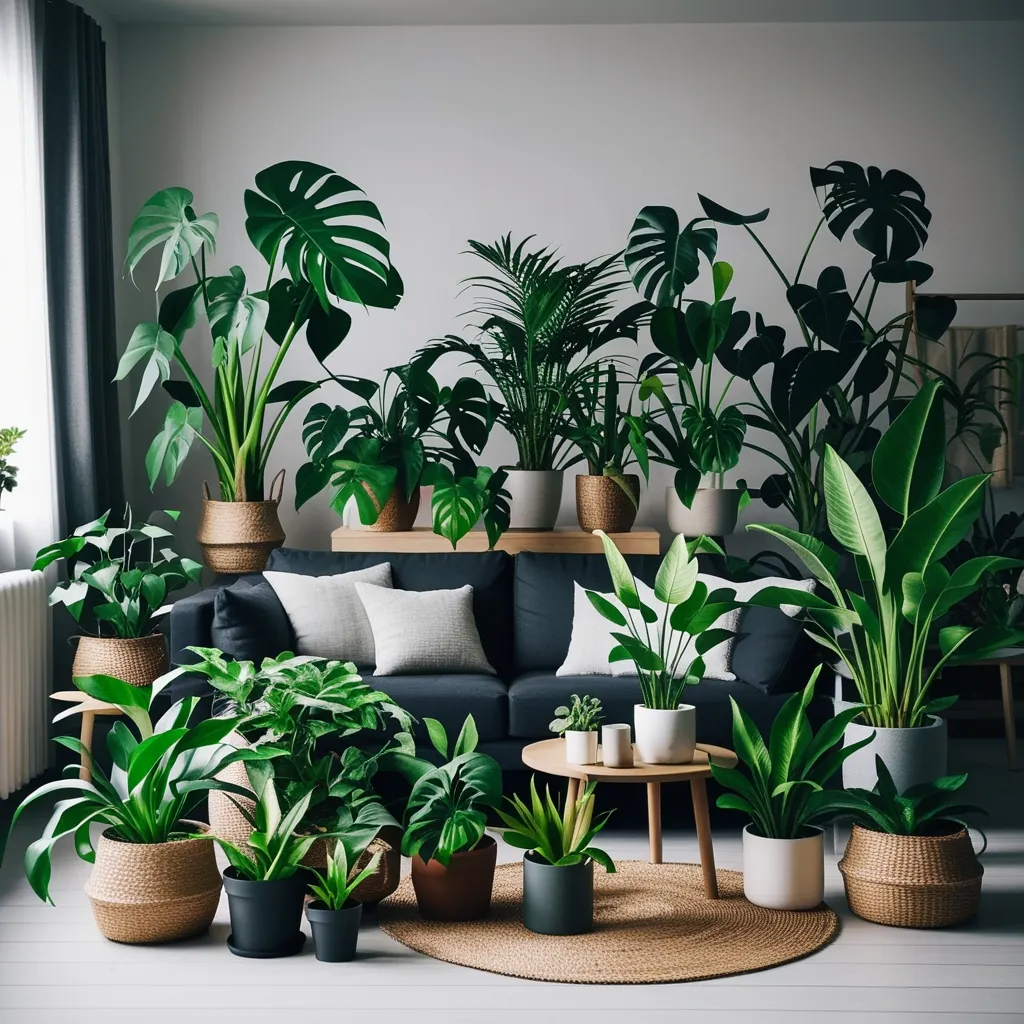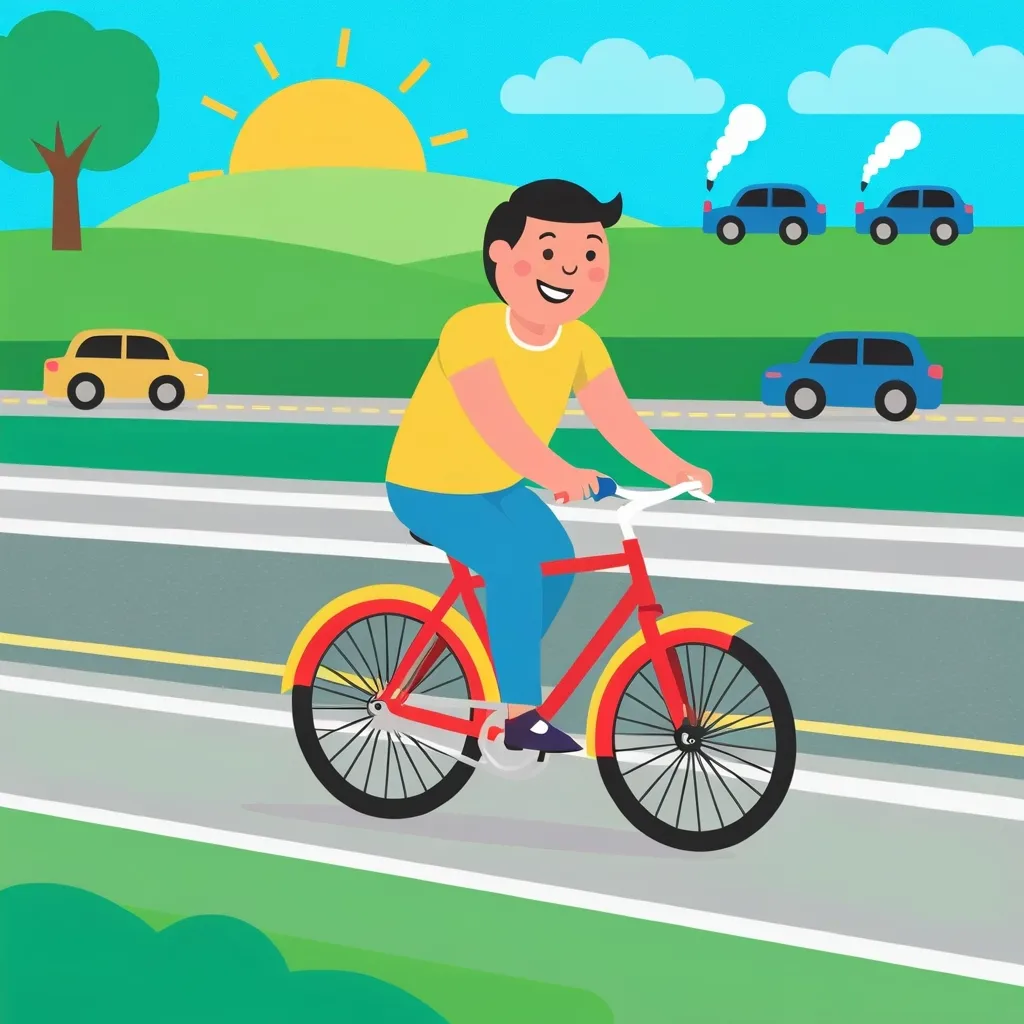Navigating the world of minimalism with kids can be a game-changer. It’s not about making them give up all their favorite things but instead about helping them see happiness doesn’t come from owning a bunch of stuff. Instead, it’s about creating memories and building relationships.
Starting with setting an example is crucial. Before expecting the kids to embrace minimalism, it’s essential to demonstrate it ourselves. Decluttering personal spaces like bedrooms, closets, and other areas is a great start. Involving kids in the decluttering journey by taking them along to donate items at local charities helps them see the value of giving and the impact clutter can have on our lives.
Gratitude is another cornerstone of minimalism. Instead of filling up each celebration with tons of gifts, planning family experiences can create lasting memories. Think family outings or vacations instead of traditional birthday parties. These experiences leave a more lasting impression and bring more joy than any material gift ever could.
Kids need to be part of the decluttering process. Asking them to sort through toys and clothes and decide what to keep and what to donate can foster mindfulness and responsibility. It helps them understand the value of each item and encourages thoughtful decision-making.
A tidy environment starts with everything having its place. Creating designated storage for various items and encouraging kids to return things to their proper places can teach them organization and order. For instance, specific shelves for books or bins for toys can simplify clean-up and keep spaces tidy.
In minimalism, experiences trump possessions. Instead of buying more toys, investing in activities that promote learning and creativity can be enriching. Cooking together or engaging in skill-based workshops can provide valuable life skills and fun memories.
Mindful spending is a crucial lesson in today’s consumerist world. Demonstrating thoughtful purchasing habits and discussing the necessity of items with kids can teach them the value of money. It’s not about depriving them but about making them understand the difference between needs and wants.
A minimalist environment can do wonders for a child’s focus and creativity. With fewer distractions, kids can engage in imaginative play, boosting critical thinking and concentration. A space with fewer toys, for example, encourages them to invent games and stories, stretching their creativity.
Gift-giving, especially during holidays, can be tricky. Instead of bombarding them with numerous gifts, planning family experiences or limiting gifts to a few meaningful items can keep the spirit of giving alive without the clutter.
Minimalism should be a team effort. Involving kids in discussions about what’s important and what isn’t can make them feel valued and invested. Family meetings to decide which items to keep or donate can be fun and collaborative.
Regularly highlighting minimalism’s benefits is essential. Explaining how a clutter-free room feels bigger and more comfortable or how it simplifies cleaning can make kids appreciate the lifestyle. Sharing stories about kids benefiting from donations can also instill the value of kindness and giving.
Adopting minimalism is a journey, not an overnight change. Patience, consistency, and positive reinforcement are key. Gradually introducing new habits and celebrating small wins can make the transition smoother and more enjoyable for everyone.
Minimalism encourages kids to be more responsible for their belongings. Fewer items mean they are more likely to take care of what they have. This responsibility extends beyond toys, teaching them mindfulness about their actions and their environmental impact.
A clutter-free environment can also reduce stress and increase happiness. A tidy, organized home feels more welcoming and peaceful, promoting emotional well-being. A clean room can make bedtime routines smoother, leading to better sleep and overall happiness.
Ultimately, minimalism helps kids understand the true source of happiness isn’t in possessions but in relationships and experiences. By focusing on what truly matters, they learn to appreciate human connections over material things.
Practicing minimalism with kids sets them up for a simpler, more fulfilling future. Leading by example, focusing on experiences, and involving them in the process can make the minimalist journey rewarding for the whole family. It’s a lifestyle that fosters gratitude, responsibility, and genuine happiness, paving the way for a brighter tomorrow.






